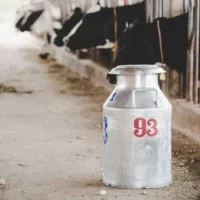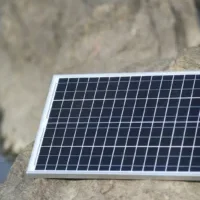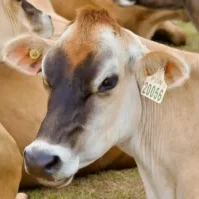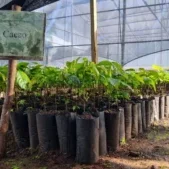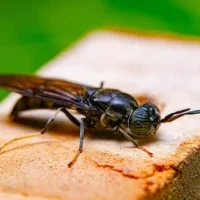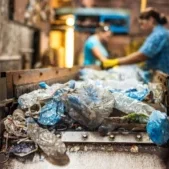
Strengthening Rwanda’s Potato Farming with High-Quality Seeds: Potato Impact Alliance
Rwandan farmers struggle to produce high-quality ware potatoes, suitable for processing or market sale. This issue stems largely from the use of poor-quality seeds. Ideally, farmers need a steady supply of good seeds with varieties suited to the local climate and resistant to disease.
To achieve the desired quantity and quality of seeds, seed multiplication efficiency is crucial. This process involves a complex value chain collaboration, with various stakeholders work together at each step, from acquiring early generation seeds to the final product ware potatoes.
Unfortunately, this intricate value chain suffers from inefficiencies. As a result, farmers often resort to recycled, self-saved potatoes, or even ware potatoes (meant for consumption) as seeds for the next season. This practice leads to a continuous decline in the quality of the final harvest year after year.
Key Challenges in Rwanda’s Potato Seed Value Chain
Growing potato seeds is a complicated business. It requires careful control of the environment, upfront investment, and everyone involved to follow the rules. Farmers need to be confident that they’re getting high-quality, certified seeds. Another major hurdle is the long wait for profits. It takes over two years to get money back from planting seeds, which discourages farmers and makes banks hesitant to lend.
Another big problem is the lack of communication. There’s no clear picture of how much seed is needed or how much will be produced. In addition, there are no formal agreements between seed potato farmers and those who grow potatoes for food. This makes it difficult for both groups to plan for the future and expand their businesses.
All these issues lead to inefficiencies and a gap between the seed potato sector and the potato sector as a whole. The process of growing quality seeds from tissue cultures is long and complex, taking up to five seasons. To improve efficiency, production, and income for everyone involved, Rwanda needs all the players in the potato seed value chain to work together.

Potato sector challenges and our solution
A Holistic and Collaborative Solution: The Potato Impact Alliance

To address this challenge, TRAIDE proposed a collaborative solution that engages all stakeholders in the value chain. This approach recognizes that each step in the value chain is interdependent, and the success of each step relies on the success of the preceding steps.
Below is a visual representation for an overview of all phases in the seed potato value chain from tissue culture to ware potato. G0 starts with imported tissue culture (also known as mother plant), which is multiplied to build a pathogen-free stock in a laboratory, and which grows into a minituber which also stays in a laboratory after which it stays in storage for 3–4 months, before being planted into the ground creating pre-basic potato seed. This seed needs storage to sprout for another 3–4 months after which they get planted and grow into basic potato seeds. The same process is used to create certified seeds which, after their storage can be planted to grow ware potatoes. These potatoes are sold to the market or agro-processors.

Building Partnerships for a Resilient Potato Sector
The Potato Impact Alliance Rwanda project, led by a consortium of Hollanda Fairfoods, Holland GreenTech, VDS-Acampo, Agriseed, TRAIDE Foundation, and Simbuka, focuses on fostering sustainable development within Rwanda’s potato value chain. By leveraging the expertise of Netherlands-based seed potato suppliers and knowledge institutes from both countries, we aim to secure the future of potatoes as a staple crop in Rwanda.
Impact Through Knowledge, Technology, and Market Access
Our goal is to enhance business cases in the potato value chain by improving knowledge, expertise, and technology through GAP training, disease control, seed potato and soil maintenance, storage opportunities, risk assessment, and alternative collateral options. These activities will boost income for many households in the project area. By strengthening the entire potato value chain, from tissue culture to ware potatoes, we aim to improve the livelihoods of farmers and other stakeholders. Enhancing farming efficiency, productivity, and access to high-quality seeds will support the cultivation of resilient and nutritious potato varieties, thereby improving food security.

Interested in working with us?
Would you like to know more about the Potato Impact Alliance or would you like to collaborate with us to build new private sector partnerships? Email us at info@traide.org or reach out directly to Titus van Boekel
